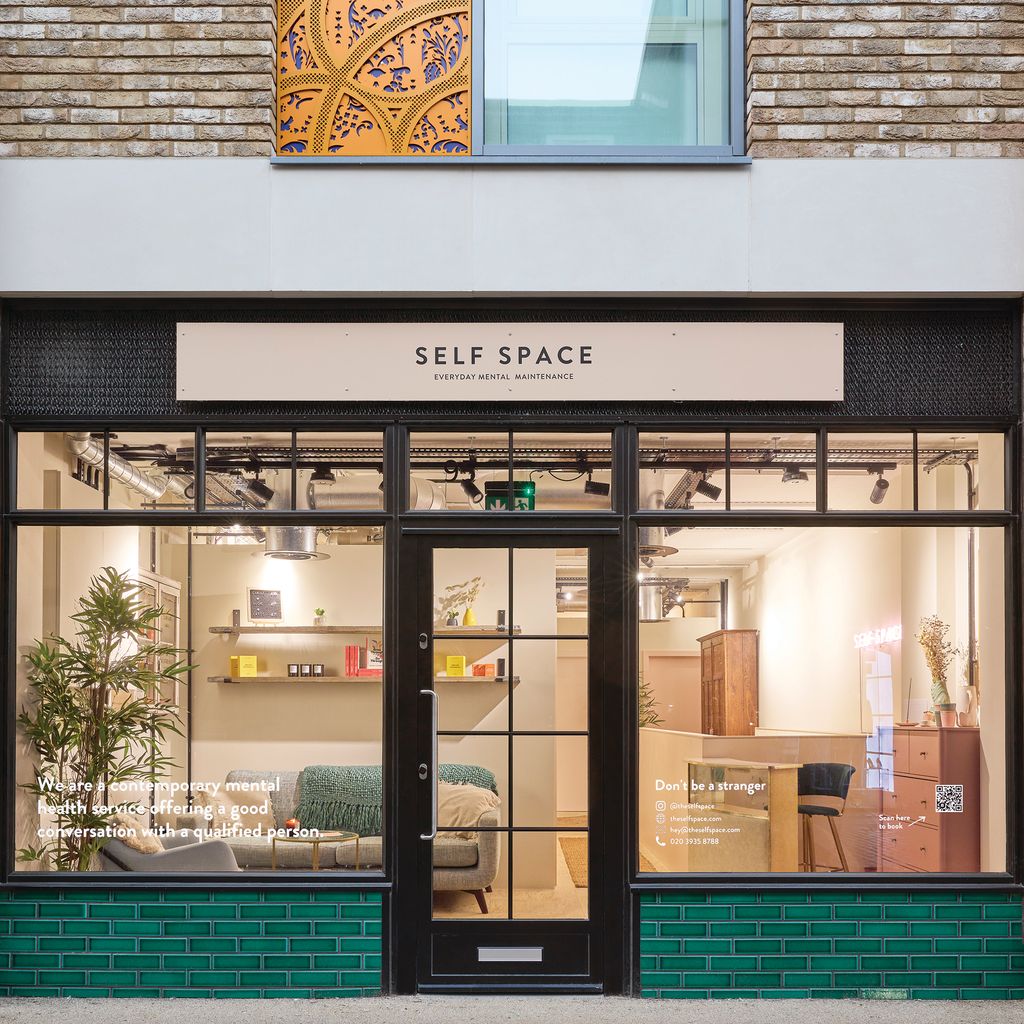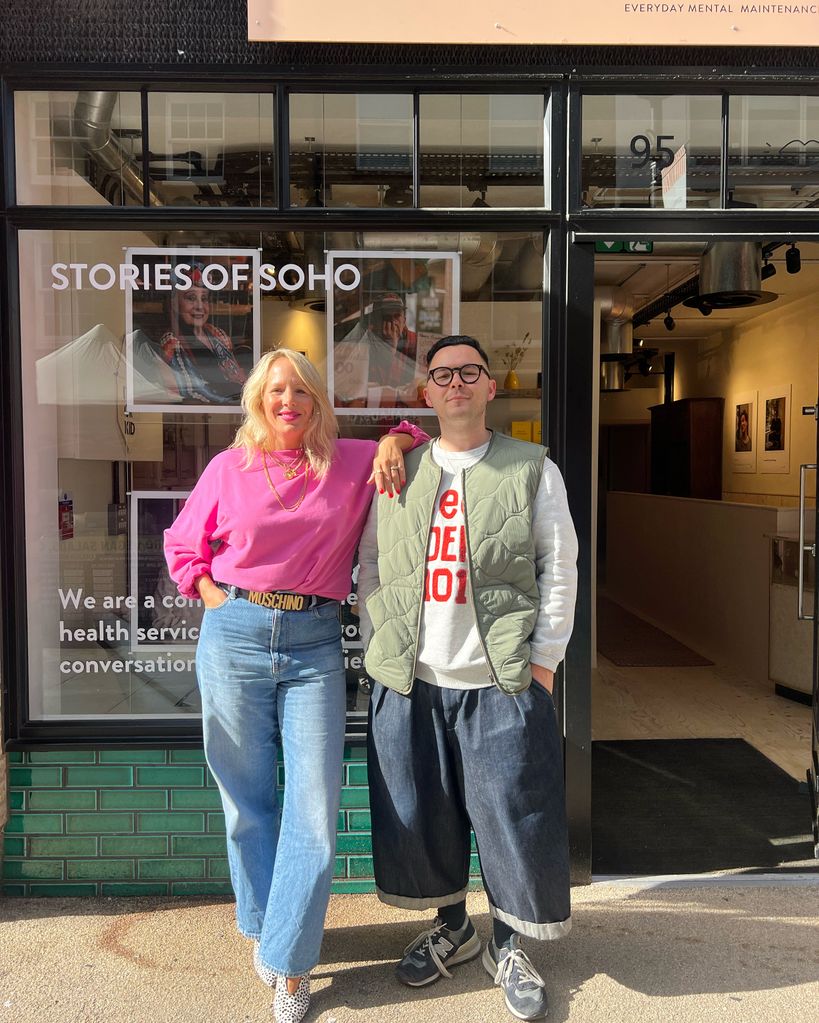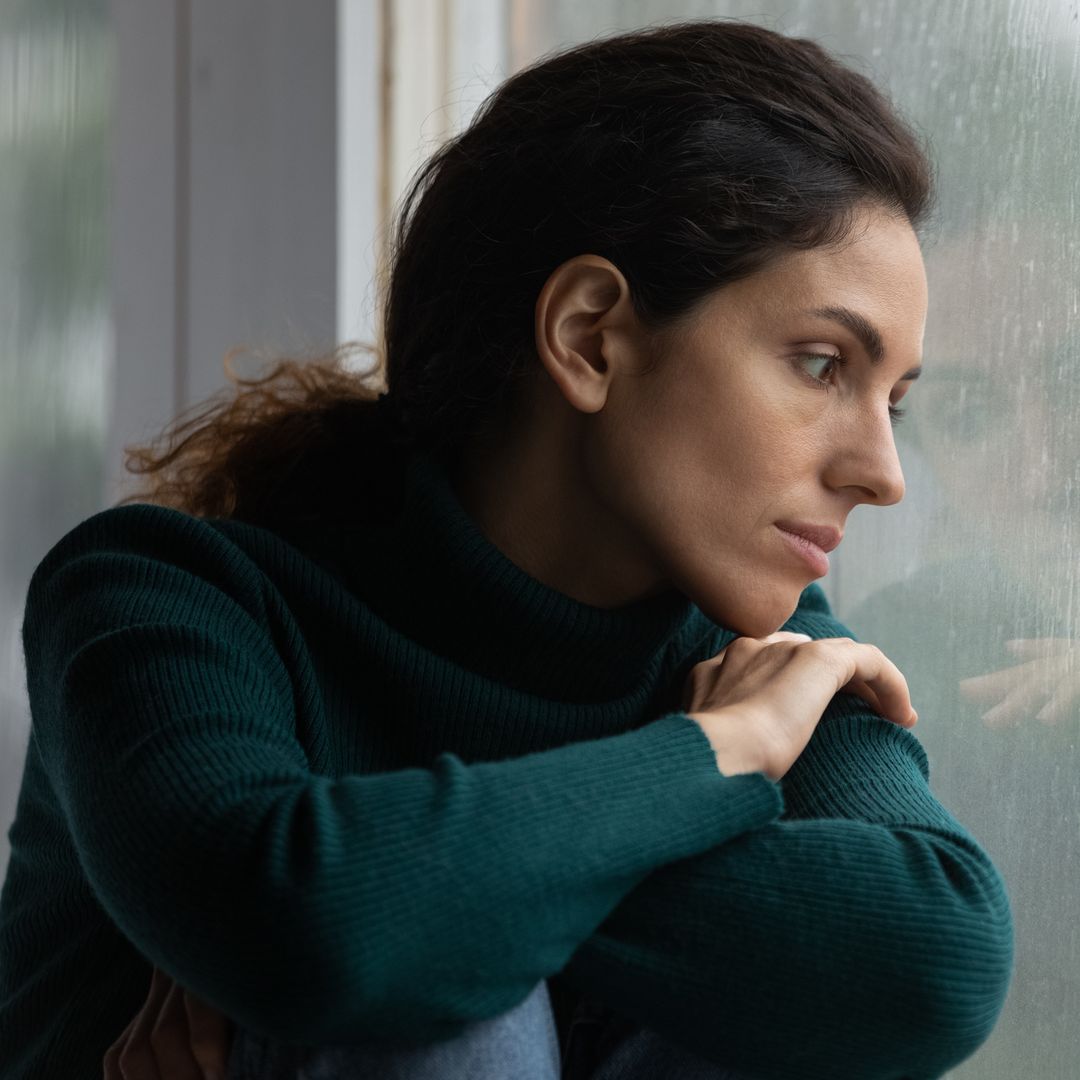"Therapy has changed my life," my best friend keeps telling me. I always smile and nod as she explains how it's abated her relationship issues and helped her manage anxiety, but it's always felt like an alien concept. As someone with the world's most supportive parents, a partner of 13 years, and a job I enjoy, I didn't think therapy was for me. It turns out I was wrong.
Enter Self Space, the first on-demand mental health service on the high street which promises to match you up with a therapist instantly and give you better access to mental health services. After experiencing a period of stress, I booked in for a 90-minute, virtual MOT session to try and sort my life out. Think of it as life coaching meets therapy, if you will.
The session promised to help me "gain clarity, find direction, and take actionable steps towards a fulfilled life". Sounds good – but I was skeptical. Would it actually work?
Do we all secretly need therapy?
One-quarter of us will experience a mental health issue every year and Jodie Cariss, founder and CEO of Self Space, believes you shouldn't wait until you're at your wit's end before seeking therapy.
"We all have mental health, just like we have physical fitness. And in the same way that we need to workout for our physical health, we have to work at our mental health too. That’s where everyday mental maintenance comes in," she says.
"It's about taking a proactive approach to mental health to help us build the skills and resilience to handle the complex realities of being human. Life can be complicated, often challenging, and sometimes messy - that’s par for the course."
Being proactive about taking care of your mental health, therefore, can help you be more prepared for any problems that might arise in the future.
Jodie explains: "Seeking support preventatively, or early on if things are starting to feel a bit trickier or more intense than usual, gives you a professional support person to help guide you through the challenges and safely out the other side - before things escalate."
An intense but eye-opening experience
After perusing every therapist profile on the website, I decided to book in with Valeria, who specialises in helping people deal with "the fear of change, worries and self-sabotage". Sounds familiar.
As I counted down to our virtual session, I began to feel increasingly nervous. How would I fill 90 minutes of her time? I didn't have enough to talk about. How could I open up to a complete stranger?
Very easily, as it turns out. From the moment we began speaking, I experienced what is known in colloquial terms as "word vomit". After a simple introduction to the premise of the session and an open-ended question to tell her about myself, I couldn't stop talking.
From my inability to deal with stressful situations to my hatred of change and my husband working away from home, it all came pouring out, and – much to my surprise – I found myself blinking back tears for the first 40 minutes, my voice shaking as I tried to voice my thoughts coherently.
Valeria said very little (it turns out this is how therapy works), but the questions she asked were simple and leading, forcing me to reach conclusions by myself. She also validated any concerns I might have that I was being overdramatic and empowered me to speak up for myself in difficult situations.
Rediscovering my priorities
The benefit of an MOT session (which claims to be your "personal emotional satnav") as opposed to traditional therapy is to review different areas of your life from personal growth and relationships to career and finances.
You'll also be given expert recommendations to suit your needs and therapist-approved content if you wish to continue your journey of self-discovery.
This came to a head via the wheel method – grading every area of your life on a wheel on a scale of 1/10. As a glass-half-empty kind of gal, I inwardly groaned when Valeria whipped out the pie chart as our session began to draw to a close.
But as I quickly crossed off 'spirituality' as an area that means very little to me, and ticked off a couple of segments with solid 8s, it became apparent where my problems lay. The two segments on the pie chart I couldn't bring myself to score were the two I've not been honest with myself about. Valeria coaxed me into explaining where the issues lay (by then, she knew everything about me) and suggested actionable steps to help boost the scores in line with the rest of my life.
An encouraging takeaway for me was how grateful I am for my amazing friends and parents, who made it the easiest to score my social life. But in doing so with such confidence, I realised I had been neglecting other important areas of my life – and going forwards, these need to be my priorities.
I also left the session with a deeper understanding of how I've evolved as a person over the last year. Convinced I'm still the lazy girl who has never set foot inside a gym, I hadn't fully taken stock of my commitment to healthy routines. I might not have seen any big outward changes, but prioritising my physical health has helped me reap benefits in other areas, such as more focus at work and building a home life I love.
BEAT THE BLUES: Why don't I feel festive this year? Here's how to cure Christmas 'disconnect'
It turns out taking care of my mental health might be just as addictive.












